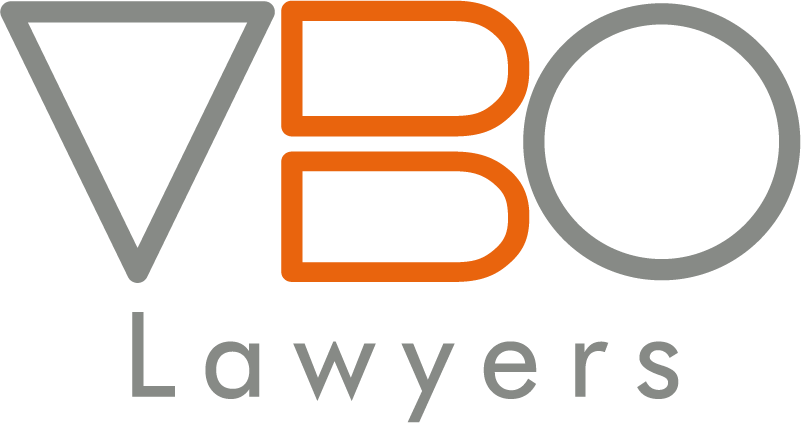This is commonplace, not to say systematic. Up until now and, we believe, moving forward, the process can be considered as questionable and therefore unusable. For example, how can the identity of the person recorded be guaranteed? Is it a complete and faithful recording? Besides which, the industrial tribunal does not have a no-holds-barred approach.
And yet, there is no denying that in certain situations such as harassment and discrimination, everything happens verbally and without the presence of witnesses or perhaps in the presence of witnesses who are reluctant to testify through fear of reprisal. Recording is, therefore, the only means by which a claim can be proved.
This is probably why certain courts of appeal have accepted transcriptions of recordings made without the employer’s knowledge as a valid means of proof
(Bourges Court of Appeal, 26 March 2021, n° 19/01169; Toulouse Court of Appeal, 10 May 2019, n° 17/02966).
In these cases, one of the employees argued that he had been denied promotion because he belonged to the Muslim community, and the other, a homecare worker for a private individual, claimed to have been the subject of sexual harassment. The employee’s right of evidence prevailed over the employer’s right to privacy in each of these cases. Even though the employees were unsuccessful, despite recordings being produced in court, these rulings should prompt caution.
The employer or his representative must always keep in mind that not only could their verbal exchanges with employees be recorded (one-to-one interviews, work meetings, informal interviews, etc.), these recordings could also be used against them, depending on the circumstances.
